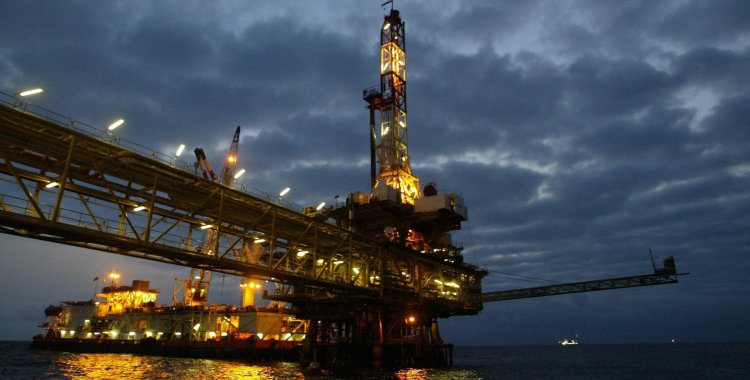Speaking to Lusa, José de Oliveira, researcher at the Center for Studies and Scientific Research of the Catholic University of Angola (CEIC/Ucan) for the energy area, indicated that the crisis could lead to an acceleration of ongoing projects in the sector in Angola , some of which were delayed by the covid-19 pandemic and can now go into cruising speed.
On the other hand, it should not have repercussions on the lack of fuel in Angola, on the contrary, since with more revenues Sonangol has more capacity to support fuel imports.
As for the entry of new investors in the Angolan oil industry, it will not be so easy, as the access of new companies will depend on the success or failure of new areas under research, namely in the Namibe basin where Exxon, Total, Eni and Sonangol are working, as well as in the ultra-deep waters of the Congo basin where the French multinational Total is drilling in an area where the sea depth is 3600 meters, a world record.
"Maybe we will have to wait a while for this anti-fossil fuel wave to calm down a little, as oil and gas will still play a big part in the world's energy mix for another two to three decades," he said.
He stressed, on the other hand, that in Angola, the energy transition has been underway for several years, with most of the electricity coming from hydroelectricity, while that of thermal origin "has been decreasing, and in a few years it will be very low".
In addition, he noted, the country has projects for the implementation of solar energy, some on a small scale, already operating with thermal support to cover night consumption, in some municipalities.
"With the development of energy transport networks, the country will cover in the coming years more areas of the interior with renewable energy, from hydro or solar sources", believes the researcher.
José de Oliveira pointed to other African countries with great water potential, such as Congo, Ethiopia and Mozambique, and added that the majority "to decarbonise energy will have to use new renewable sources, such as solar and wind", although it is it is also necessary to wait for the appearance of large storage capacities in batteries, which do not yet exist.
Currently, natural gas is the largest source of electricity generation in Africa, but the energy 'mix' (excluding biomass) shows that the continent is still 90 percent dependent on fossil fuels, with oil (42 percent) dominating , followed by coal (23 percent) and gas (27 percent).
"Africa is also the second continent most dependent on oil. All this together explains the reasons why Africa will be the last continent to manage to decarbonise the energy consumed", explains José de Oliveira.
In addition to the high investments that will have to be made "with the support of rich countries, through bilateral or multilateral financing channels, the dimension of the solution to be implemented, in contrast to the weak technical and financial capacities of most countries on the continent, explains the long time needed", he added.
He recalled, however, that the total energy consumption in Africa is less than half that of India and that the accumulated value of CO2 released into the atmosphere from 1890 to 2020 corresponds to only 3 percent of the world's total.
"In other words, the slow energy transition in Africa does not affect the benefits of the global energy transition, especially for large consumers, which must be fast if we want to control the average temperature increases", he noted.
The researcher admits that this process is somehow responsible for the crisis that is being experienced.
"Energy officials in Europe, for example, forgot that they could not have natural gas 'stocks' at 86 percent of normal on the eve of winter and that they should blame Russia when Gasprom is complying their contracts, as Western analysts say, is just a geopolitical game that doesn't solve the problems," he said.
"To import more gas from Russia, Europe has to know if it has the capacity and to negotiate increases in volume or new contracts," said the researcher, adding that criticizing China is also part of the political game.
José de Oliveira pointed out that "Europe has the financial capacity to keep up with the current prices of LNG [liquefied natural gas], which have doubled in value".
"In short, the energy transition seems to have made politicians forget that it is a global project that is taking its first steps and, therefore, all countries are still living within the energy matrix that is intended to be radically altered", he concluded.







